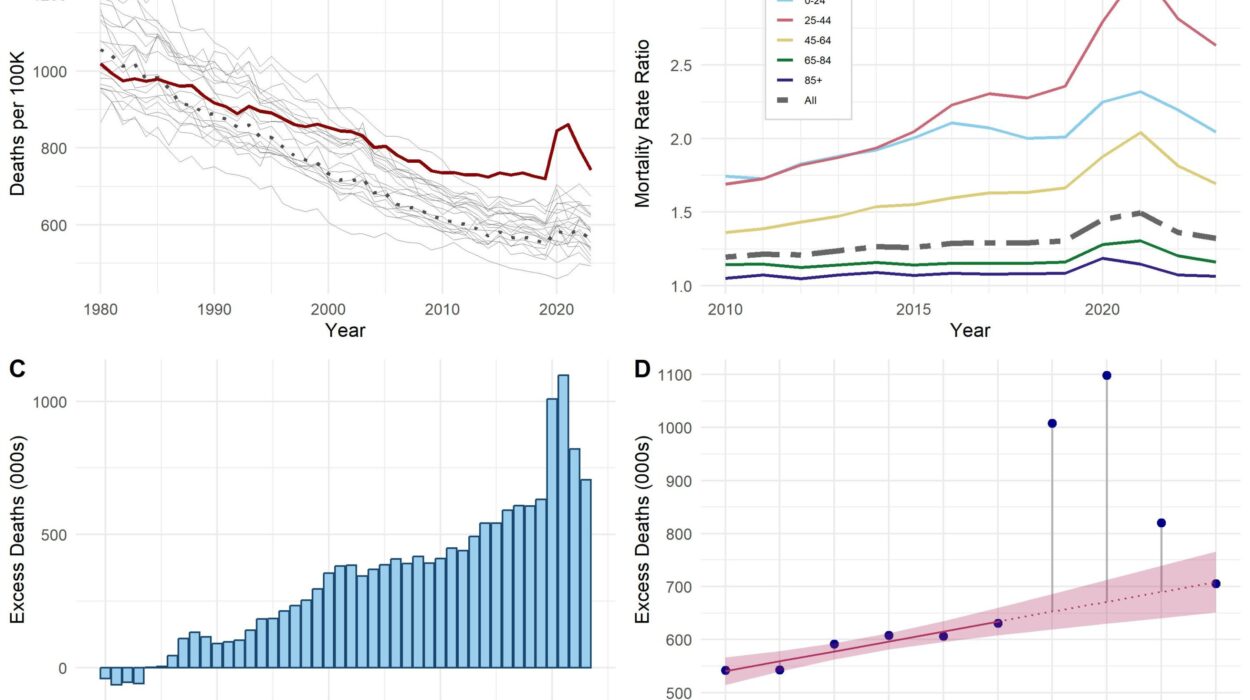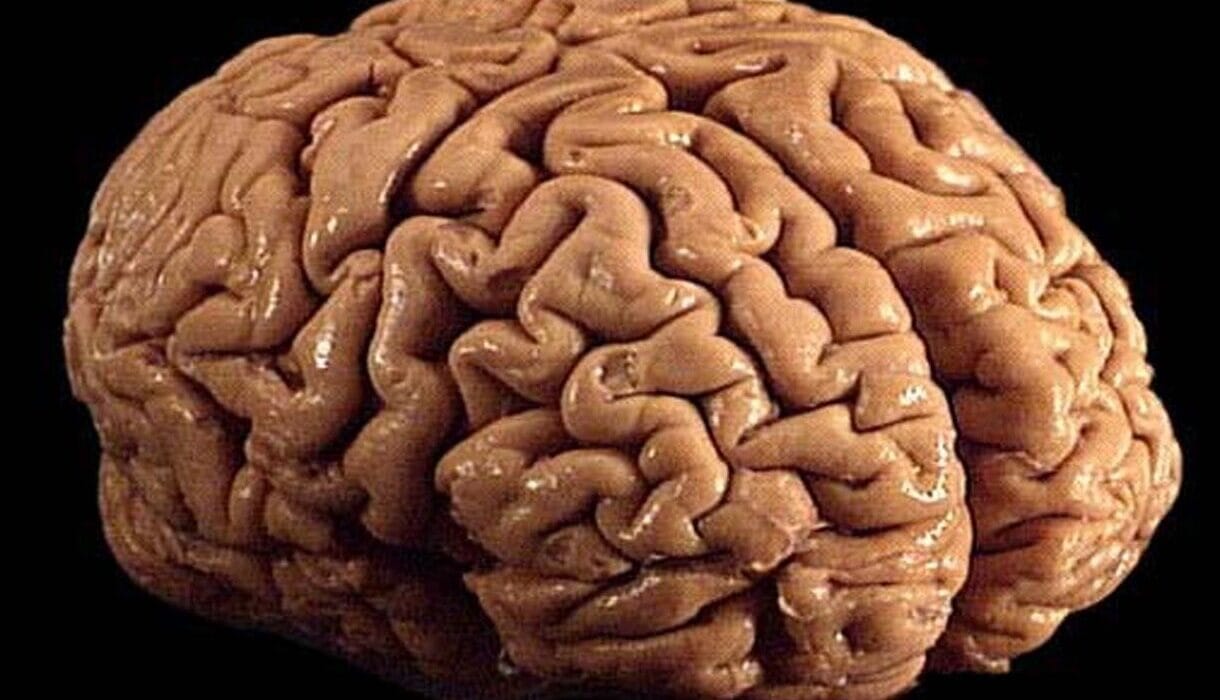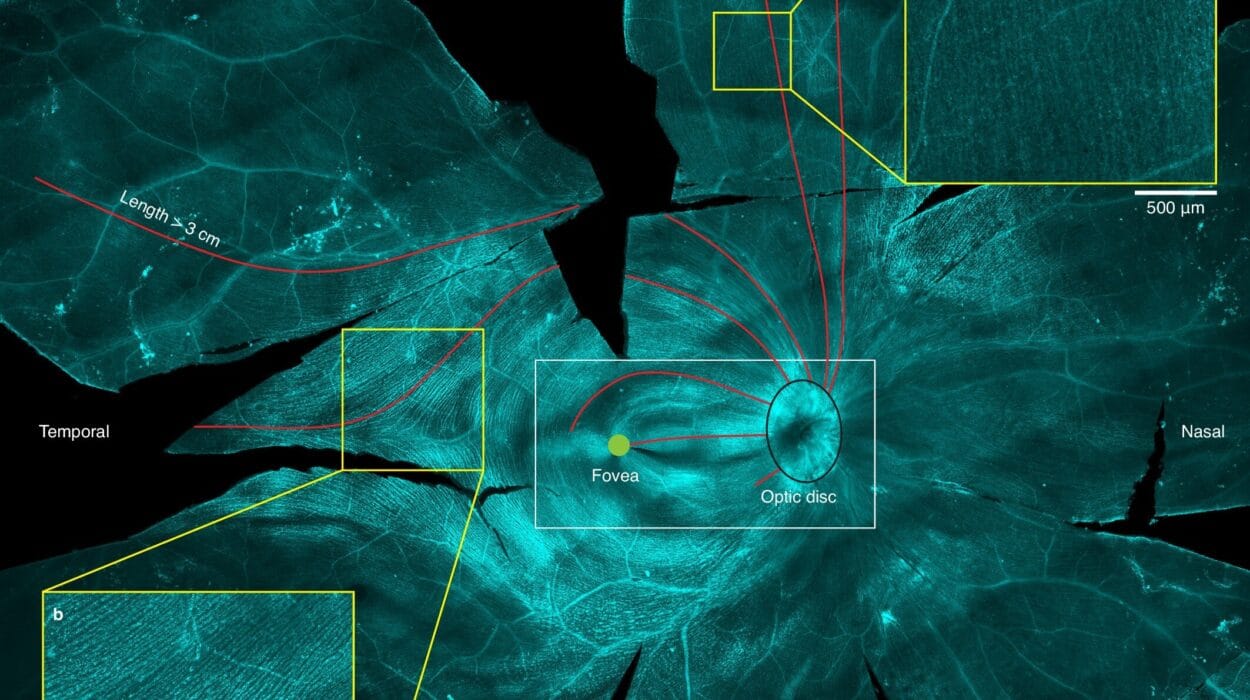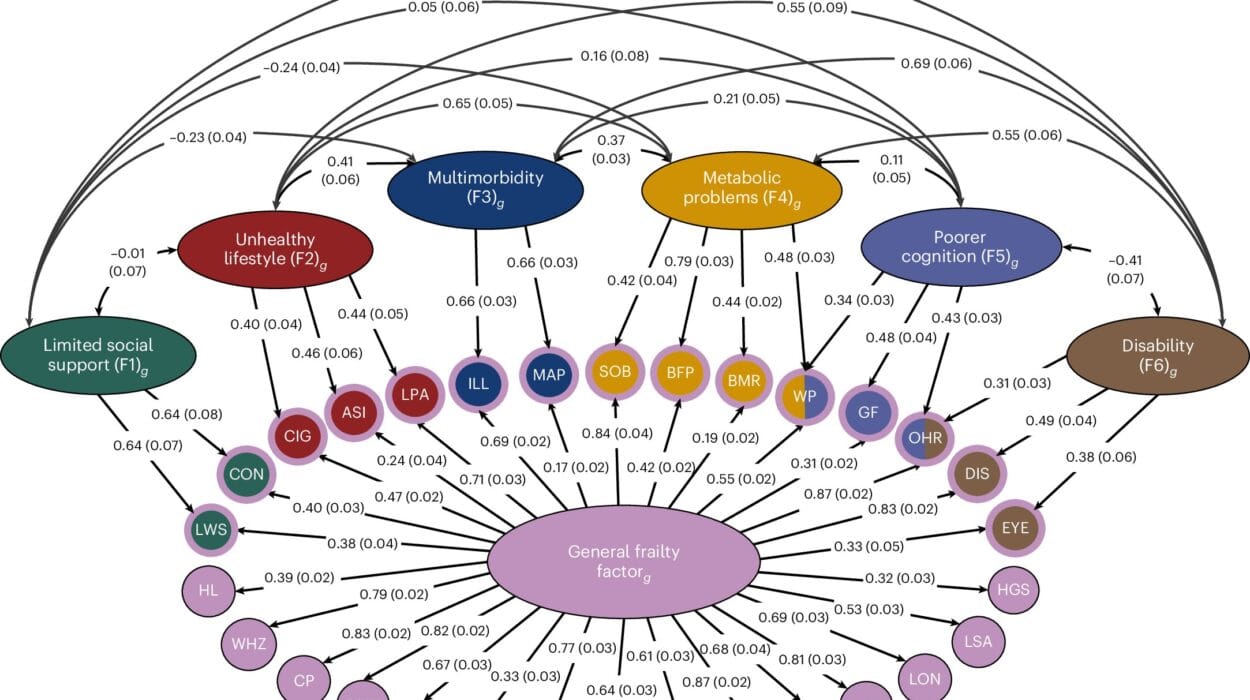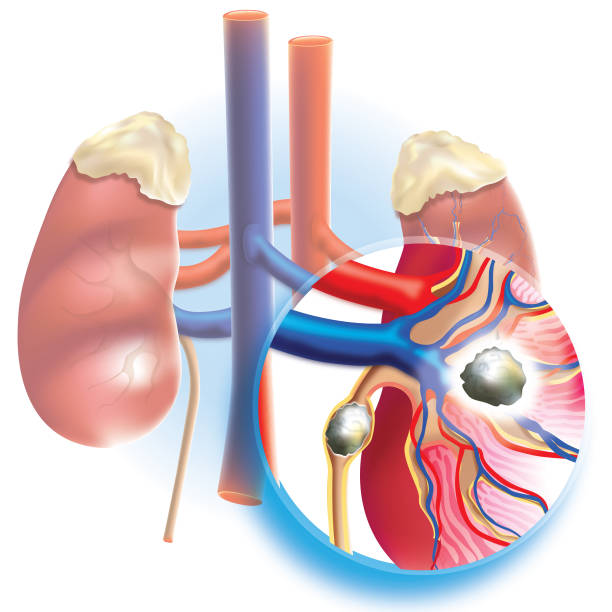Inside every human being lies a vast and intricate world—one that does not beat like the heart or breathe like the lungs, yet exerts a profound influence over nearly every aspect of our lives. This world is the gut, a long, winding organ that stretches from mouth to colon, housing trillions of microbes and acting as a central hub of health. For centuries, the gut was thought of as little more than a digestive machine, a tube that turned food into energy and waste. But modern science has revealed a far deeper truth: the gut is not only about digestion, it is a master regulator of whole-body wellness.
To speak of gut health is to speak of the delicate balance of bacteria, fungi, viruses, and other microorganisms that reside within us—the gut microbiome. These tiny companions shape our immune system, influence our mood, affect how we metabolize food, and even determine how we respond to illness. They form a living ecosystem that communicates with nearly every organ in the body. When harmony exists in the gut, the entire body thrives; when imbalance arises, the consequences ripple outward in ways we are only beginning to understand.
The story of gut health is a story of connection, of hidden bridges linking the digestive system to the brain, the heart, the immune system, and beyond. It is a reminder that wellness is not fragmented, but whole—that the body operates not as separate parts, but as a symphony orchestrated by unseen forces within.
The Microbial Universe
The gut microbiome is one of the most extraordinary scientific discoveries of the past century. Imagine a rainforest teeming with life, diverse species competing and cooperating, each fulfilling its role in maintaining balance. Now shrink that rainforest down and place it inside your intestines—that is the microbiome. An average adult hosts around 100 trillion microbes, outnumbering human cells ten to one. Their genetic material, collectively known as the microbiome, dwarfs our own human genome.
Far from being passive passengers, these microbes are active participants in our biology. They break down fibers and complex carbohydrates that human enzymes cannot digest, producing short-chain fatty acids that nourish the gut lining and modulate inflammation. They synthesize vitamins such as K and B12. They shape the development of the immune system, training it to distinguish friend from foe. They even send chemical signals to the brain, influencing mood and behavior.
What makes the microbiome remarkable is its adaptability. Unlike our DNA, which is fixed from conception, the microbiome shifts with diet, lifestyle, medication, environment, and stress. This plasticity means that while we inherit certain tendencies, we can also profoundly influence our gut health—and, by extension, our overall wellness—through the choices we make each day.
The Gut–Immune System Axis
Around 70 percent of the body’s immune cells reside in the gut. This is no coincidence. The gut is constantly exposed to the outside world through the food we eat and the microbes that accompany it. To survive, the body must distinguish between harmless particles like nutrients and dangerous invaders like pathogens. The immune system relies on the gut microbiome as an ally in this process.
Beneficial microbes help regulate immune responses, preventing overreactions that can lead to allergies, autoimmune conditions, or chronic inflammation. When the microbiome is diverse and balanced, it supports immune tolerance, allowing the body to respond proportionally to threats. But when the microbiome becomes imbalanced—a condition known as dysbiosis—the immune system may misfire, launching attacks against harmless substances or even the body’s own tissues.
This connection explains why poor gut health has been linked to conditions as varied as asthma, type 1 diabetes, rheumatoid arthritis, and inflammatory bowel disease. The gut is not merely a digestive organ—it is a frontline defense system, and its health is central to immunity.
The Gut–Brain Connection
Perhaps the most fascinating revelation of modern medicine is the gut–brain axis, the two-way communication system between the digestive tract and the central nervous system. The gut has been called the “second brain” because it contains its own nervous system—the enteric nervous system—composed of over 100 million neurons. These neurons can function independently but also communicate directly with the brain through the vagus nerve and through chemical messengers produced by gut microbes.
The implications are profound. Up to 90 percent of serotonin, the neurotransmitter that stabilizes mood and contributes to feelings of happiness, is produced in the gut. Microbes influence the production of dopamine, GABA, and other neurochemicals as well. Studies show that changes in the microbiome can alter stress responses, anxiety levels, and even cognitive function.
This connection helps explain why digestive issues often accompany mental health conditions, and why improving gut health can alleviate symptoms of depression and anxiety. It also suggests that the path to mental wellness may pass, quite literally, through the gut.
Digestion as the Root of Wellness
While the microbiome receives much attention, the process of digestion itself remains fundamental. Digestion is not only about breaking food into nutrients—it is about absorbing those nutrients efficiently and delivering them where they are needed. A healthy gut ensures that vitamins, minerals, proteins, and fats reach the cells that require them to function.
When digestion falters, the effects cascade. Malabsorption can lead to nutrient deficiencies, which in turn weaken immunity, slow healing, and sap energy. Conditions like leaky gut syndrome, where the intestinal barrier becomes overly permeable, allow unwanted substances into the bloodstream, triggering inflammation throughout the body.
Thus, gut health is not an isolated factor but the root system of the body’s tree. If the roots are weak, the branches cannot flourish. Whole-body wellness depends on the integrity of this foundational system.
Gut Health and Metabolism
The link between the gut and metabolism is undeniable. Microbes influence how efficiently we extract energy from food, how we store fat, and how we regulate blood sugar. Certain bacterial populations are more efficient at extracting calories, which can contribute to obesity in susceptible individuals. Others produce metabolites that improve insulin sensitivity, protecting against type 2 diabetes.
Research has even shown that transplanting gut microbes from obese mice into lean mice can cause the lean mice to gain weight, despite no change in diet. This suggests that gut bacteria are not passive observers but active drivers of metabolism.
Understanding this relationship opens new doors for treating metabolic disorders. Instead of focusing solely on calories or genetics, we now recognize that microbial balance is a key player in weight regulation and metabolic health.
The Gut and Inflammation
Chronic, low-grade inflammation is increasingly recognized as a root cause of many modern diseases, from heart disease and cancer to neurodegenerative disorders like Alzheimer’s. The gut plays a central role in regulating inflammation. A healthy gut barrier prevents harmful molecules from entering the bloodstream, while beneficial microbes produce compounds that calm immune responses.
When the microbiome is disrupted, harmful bacteria may dominate, releasing toxins and promoting inflammation. If the gut barrier is compromised, these inflammatory triggers can leak into circulation, leading to systemic effects. This phenomenon, sometimes called “metabolic endotoxemia,” illustrates how a problem localized in the gut can ripple throughout the body, fueling disease in distant organs.
Nutrition and the Gut
Diet is one of the most powerful tools for shaping gut health. Fiber-rich foods provide nourishment for beneficial bacteria, leading to the production of short-chain fatty acids that strengthen the gut barrier and reduce inflammation. Fermented foods like yogurt, kefir, kimchi, and sauerkraut supply probiotics—live bacteria that enhance microbial diversity. Polyphenols found in fruits, vegetables, tea, and dark chocolate also feed healthy microbes.
Conversely, diets high in processed foods, refined sugars, and unhealthy fats promote dysbiosis, reducing diversity and encouraging the growth of harmful strains. Antibiotics, while life-saving, also disrupt microbial balance, underscoring the need for mindful use and strategies for rebuilding gut health afterward.
The saying “you are what you eat” has never been truer. Every bite shapes not only our waistline but our microbial world, and through it, the health of our entire body.
Stress, Sleep, and Lifestyle
Gut health is not shaped by diet alone. Stress has a direct impact on the gut, altering motility, reducing blood flow, and even changing the composition of the microbiome. Chronic stress can weaken the gut barrier, increasing inflammation and disrupting digestion.
Sleep also plays a critical role. Poor sleep alters microbial populations, while a healthy microbiome supports restorative sleep by influencing circadian rhythms and producing sleep-regulating compounds. Exercise, on the other hand, enriches microbial diversity, adding another dimension to its well-documented benefits.
These connections remind us that gut health is woven into every aspect of lifestyle. Food, stress management, sleep, and movement are all threads of the same fabric. To nurture the gut is to nurture the whole self.
Gut Health Across the Lifespan
The importance of gut health begins even before birth. Infants acquire their first microbes during delivery and breastfeeding, shaping immune development in crucial ways. Early disruptions, such as antibiotics or cesarean sections, can alter this process, with long-term effects on health.
As we age, microbial diversity tends to decline, weakening the immune system and increasing susceptibility to disease. Yet lifestyle interventions—such as fiber-rich diets and physical activity—can help preserve gut health, supporting healthy aging and resilience.
This lifelong relationship between humans and microbes is not static but dynamic, evolving with every stage of life. Understanding and nurturing it can promote wellness across generations.
The Promise of Future Medicine
The future of medicine may lie in the gut. Already, fecal microbiota transplants (FMTs) have shown remarkable success in treating recurrent Clostridioides difficile infections, a condition once considered nearly untreatable. Researchers are exploring microbiome-based therapies for obesity, diabetes, depression, and even cancer.
Personalized nutrition, tailored to an individual’s microbial profile, could one day optimize health in ways that generalized diets cannot. Probiotics and prebiotics are being refined to target specific imbalances, while advances in sequencing technology allow us to map microbiomes with unprecedented precision.
The gut is not only a site of illness but a frontier of healing. By harnessing its power, we may redefine the future of whole-body wellness.
A New Paradigm of Health
The emerging science of gut health is reshaping how we think about wellness. No longer can we view health as a collection of separate systems—the heart, the brain, the immune system—each operating in isolation. Instead, we must embrace an integrative perspective, recognizing the gut as a central hub that connects them all.
This paradigm shift challenges us to rethink medicine, nutrition, and lifestyle. It asks us to see food as more than calories, microbes as more than pathogens, and digestion as more than a mechanical process. It invites us to recognize the deep interconnectedness of body and mind, human and microbe, individual and environment.
Conclusion: Wholeness Through the Gut
The connection between gut health and whole-body wellness is not a passing trend but a fundamental truth of biology. Our gut is more than an organ—it is an ecosystem, a guardian, a communicator, and a healer. It anchors the immune system, speaks to the brain, fuels metabolism, and regulates inflammation. It reflects the choices we make and, in turn, shapes the lives we live.
To care for the gut is to care for the whole self. It is to recognize that wellness begins not in the absence of disease but in the presence of balance, harmony, and vitality. When we nurture the gut, we align ourselves with the natural intelligence of the body, opening the door to a life of resilience, energy, and joy.
The future of health may indeed rise from the gut, but its wisdom is ancient: true wellness is never confined to one part of the body—it is a symphony, and the gut is its conductor.

